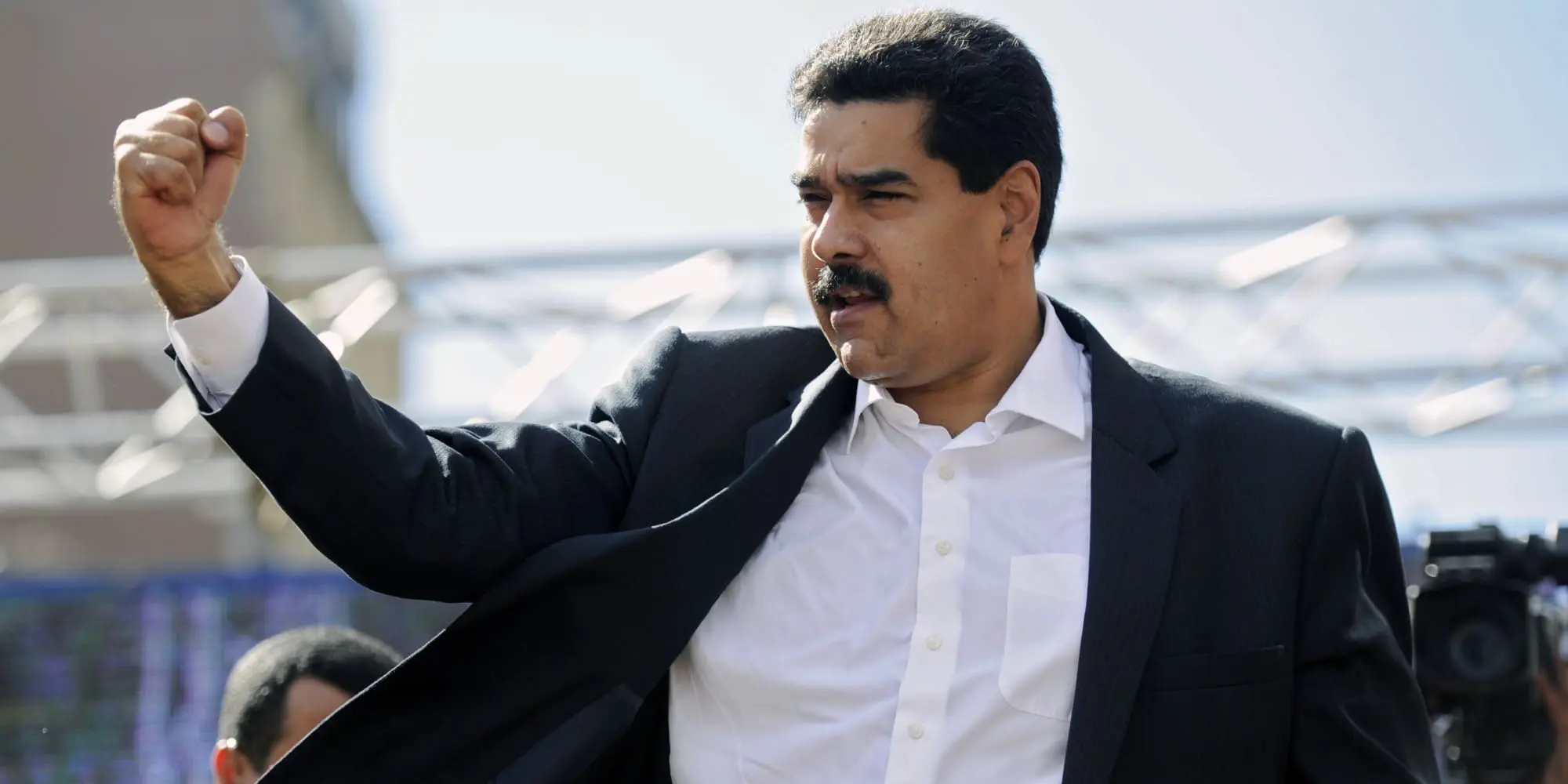On March 5, President Joe Biden prolonged the emergency status for Venezuela, pointing to its risk to US security and foreign policy.
Since 2015, the US has criticized Venezuela for undermining human rights, persecuting opponents, limiting press freedom, misusing violence, and rampant corruption.
The White House says these issues still threaten US national security. The US also disputes Nicolás Maduro’s 2018 re-election, calling it dishonest.
Despite this, it ended some sanctions against Venezuela last year, aiming for goodwill. This followed a deal setting the 2024 presidential elections.

According to the Biden administration, the deal required restoring election candidate eligibility, which Maduro has not done.
This situation underlines the ongoing concerns and the complex dynamics between the US and Venezuela.
U.S. Continues to View Venezuela as a National Security Threat
The U.S. views Venezuela negatively due to human rights, democracy, and economic issues.
Key problems are dissent suppression, arbitrary arrests, and Maduro’s disputed 2018 win, said to be undermining democracy.
Hyperinflation and shortages worsen these problems, along with drug trafficking accusations.
Venezuela’s crisis caused a migration surge, affecting regional stability. Relations worsen due to ties with U.S. adversaries like Cuba, Russia, and Iran.
These issues prompted U.S. sanctions and diplomatic efforts to push Venezuela toward its idea of democracy and respect for human rights.

